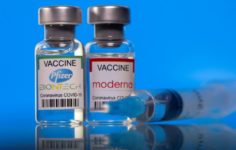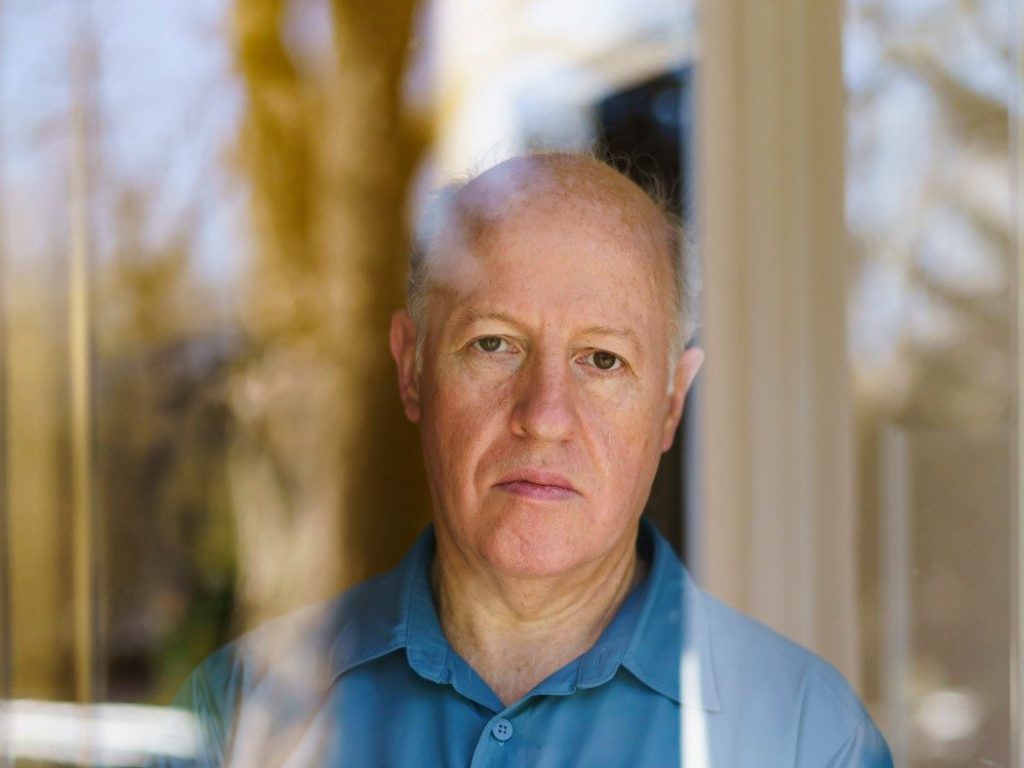Healthy boys may be more likely to be admitted to hospital with a rare side-effect of the Pfizer/BioNTech Covid vaccine that causes inflammation of the heart than with Covid itself, US researchers claim.
By Guardian
Their analysis of medical data suggests that boys aged 12 to 15, with no underlying medical conditions, are four to six times more likely to be diagnosed with vaccine-related myocarditis than ending up in hospital with Covid over a four-month period.
Most children who experienced the rare side-effect had symptoms within days of the second shot of Pfizer/BioNTech vaccine, though a similar side-effect is seen with the Moderna jab. About 86% of the boys affected required some hospital care, the authors said.
Saul Faust, professor of paediatric immunology and infectious diseases at the University of Southampton, who was not involved in the work, said the findings appeared to justify the cautious approach taken on teenage vaccines by the UK’s Joint Committee on Vaccines and Immunisation.
The JCVI did not recommend vaccinating healthy 12 to 15-year-olds, but referred the matter to the UK’s chief medical officers who are expected to make a final decision next week. Children aged 12 to 15 who are particularly vulnerable to Covid, or who live with an at-risk person, are eligible for the shots.
In the latest study, which has yet to be peer reviewed, Dr Tracy Høeg at the University of California and colleagues analysed adverse reactions to Covid vaccines in US children aged 12 to 17 during the first six months of 2021. They estimate the rate of myocarditis after two shots of Pfizer/BioNTech vaccine to be 162.2 cases per million for healthy boys aged 12 to 15 and 94 cases per million for healthy boys aged 16 to 17. The equivalent rates for girls were 13.4 and 13 cases per million, respectively. At current US infection rates, the risk of a healthy adolescent being taken to hospital with Covid in the next 120 days is about 44 per million, they said.
How reliable the data is and whether similar numbers could be seen in the UK if healthy 12 to 15-year-olds are vaccinated are unclear: vaccine reactions are recorded differently in the US and shots are given at longer time intervals in the UK. According to the UK medicines regulator, the rate of myocarditis after Covid vaccination is only six per million shots of Pfizer/BioNTech.
So far, UK children have not been admitted to hospital for Covid in large numbers and may not be at great risk of long Covid. While the recent Clock study found that up to 14% of children who caught Covid may still have symptoms 15 weeks later, levels of fatigue appear similar to those in children who have not caught the virus. This suggests that children may be spared some of the most debilitating problems seen in adult long Covid.
The overwhelming majority of myocarditis appears after the second dose of vaccine, so offering single shots could protect children while reducing their risk of the side effect even further.
“While myocarditis after vaccination is exceptionally rare, we may be able to change the first or second doses or combine vaccines differently to avoid the risk at all, once we understand the physiology better,” said Prof Faust. “On balance, there is no urgency to immunise children from a medical perspective, although if schools are unable to maintain education for the vast majority at all times, the overall balance could shift. If my two teenage children are offered the vaccine by the NHS my GP wife and I will have no hesitation in allowing them to receive the vaccine.”
Prof Adam Finn, a member of JCVI at the University of Bristol, said: “I stand by the JCVI advice, which is not to go ahead at this time with vaccinating healthy 12 to 15-year-olds on health outcome risk-benefit grounds given the current uncertainty – as there is a small but plausible risk that rare harms could turn out to outweigh modest benefits.”


















